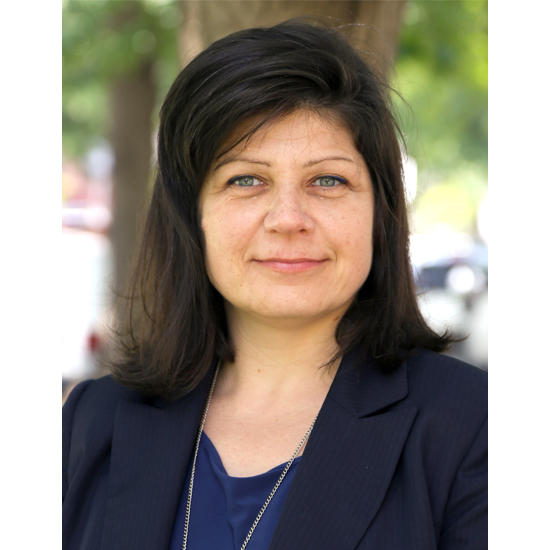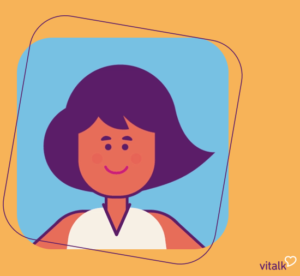
28 Jun HRH2030 Director’s Digest: July 2020
July 2020: Goodbye to Business As Usual
Dear Colleagues,
A week ago, the HRH2030 project team celebrated the culmination of a six-month campaign to promote the resiliency of the health workforce. We began with an initial idea: to launch a prize modeled after USAID’s Inclusive Health Access Prize. We focused our prize on recognizing tools, methods, or approaches that fostered health workforce resiliency. Our competition sparked the interest of more than 500 people in 31 countries. Ultimately, we reviewed 99 entries, interviewed seven semi-finalists, and—just last Wednesday—announced the winners of the HRH2030 Health Workforce Resilience Prize.
During our live, virtual prize ceremony, USAID Bureau of Global Health’s Director of the Office of Health Systems, Kelly Saldaña, remarked that, “health worker resilience can reduce the gaps between business as usual and establish stronger systems that can absorb and respond to shocks at any scale.” We agree. And with our prize winners now officially announced—congrats to TNH Health and Nyaya Health Brazil, I feel compelled to share some of the things our winners told us.
As most of us know, Brazil has been particularly hard hit by this pandemic. Michael Kapps, the CEO of TNH Health of Brazil noted that around 600 health workers in Brazil have lost their lives due to the pandemic. During the lead-up to our event, he and his colleague, psychologist Dr. Kate Daley, underscored the mental health challenges that afflict the remaining workforce in such circumstances, including survivor’s guilt and suicidal thoughts, crises that need to be addressed in real time. TNH Health’s innovation, Vitalk, is an app with a chat bot that is doing this. The “face” of the app is an illustrated  character named Viki (at right), who is providing a critical, almost human touch—and can recommend a real person-to-person connection with a trained psychologist, when necessary. Driven by artificial intelligence, this app is a genuinely smart solution, especially in these times of social distancing, when health workers at risk are even more isolated from supportive community.
character named Viki (at right), who is providing a critical, almost human touch—and can recommend a real person-to-person connection with a trained psychologist, when necessary. Driven by artificial intelligence, this app is a genuinely smart solution, especially in these times of social distancing, when health workers at risk are even more isolated from supportive community.
Smart technology is also the foundation of the winning innovation from Nyaya Health Nepal. Nyaya’s CEO, S.P. Kalaunee, shared how community health workers are filling the gaps in health services while travel restrictions are in place due to COVID-19. CHWs are using digital health resources—in particular, Nyaya Health Nepal’s NepalEHR—to support patient services. Monitoring this data allows health workers to make swift decisions for improvement in care—and having these resources empowers them with the confidence they need to continue to respond quickly.
The phrase “business as usual” keeps coming back to me, mostly because I think we all can agree that our business won’t be returning to “usual,” ever again. But that is not necessarily a bad thing. When we move past this pandemic, we will be working in a new public health landscape and have a renewed vantage point for global health development. We don’t know yet what that will look like. However, after spending time with our winners, I am feeling hopeful. If your spirits need a boost, watch our winners describe their incredible innovations.
Our other stories in this newsletter bring you the new USAID Flagship CHW Resource Package and a glimpse into the life of a hard-working doctor dedicated to improving maternal and neonatal health in Mali. And, in advance of next week’s International AIDS Conference—which has gone completely virtual of course—we’re pleased to share a collection of our HRH-HIV resources that we’ve developed over the years, and which are being used to help countries better plan for, support, and manage their health workforce.
Wishing you a safe and healthy July.
Best,
Wanda Jaskiewicz
Project Director, HRH2030






